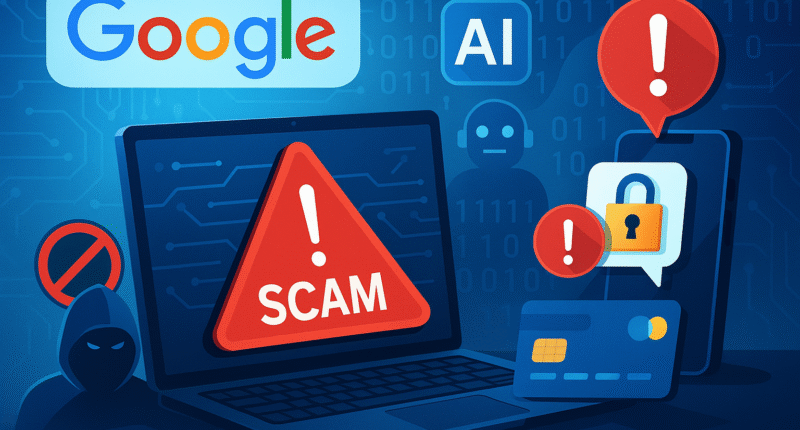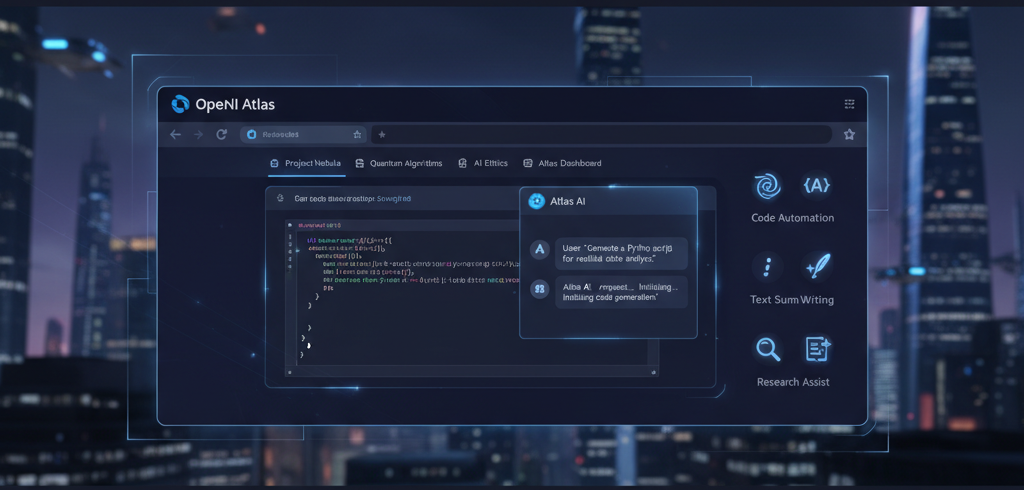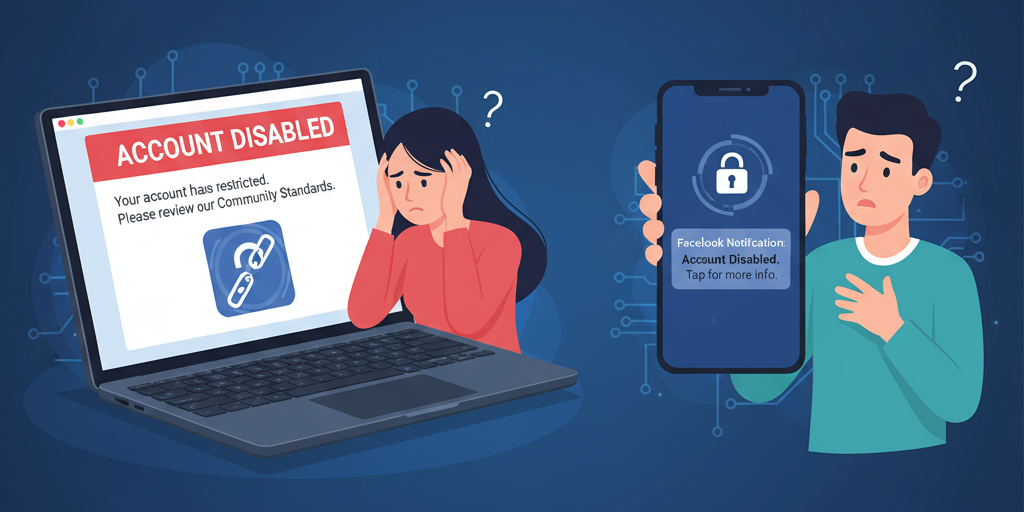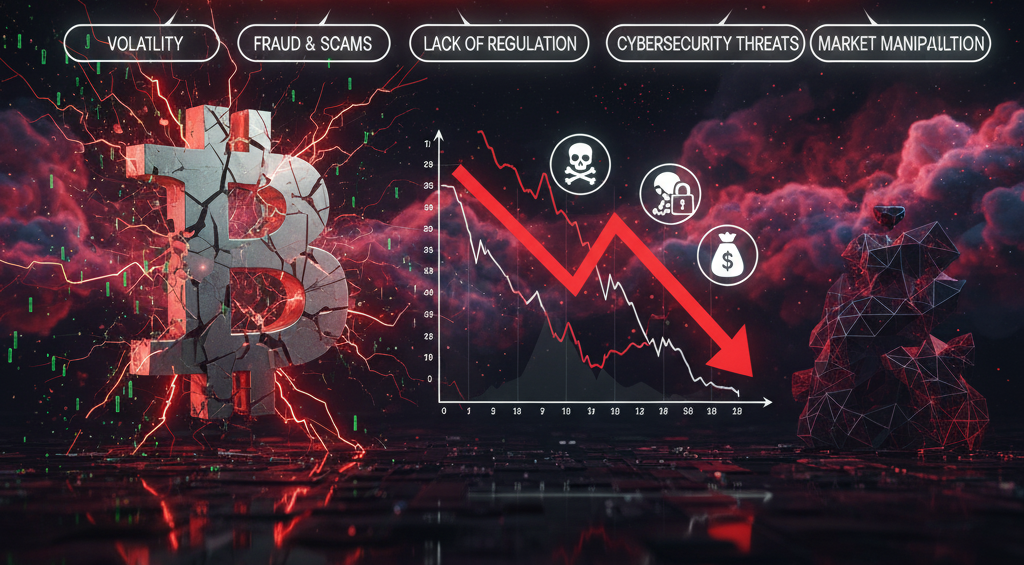Google Issues Major Scam Warning: 57% of Users Hit by AI-Powered Fraud in 2025
Google Warns of Rising AI-Powered Online Scams in 2025
Google has issued a serious warning to internet users worldwide after releasing new research showing that 57% of online users were affected by AI-powered scams during 2025.
The company said that cybercriminals are using artificial intelligence (AI) tools to create more realistic phishing emails, fake videos, and cloned websites that can fool even experienced internet users.
According to Google’s safety division, AI scams have increased by more than 300% in just one year, making 2025 one of the most dangerous years for online security.
What Google’s Report Reveals About AI Fraud
In its latest “State of Online Safety” report, Google explained how new AI-driven tools are helping scammers automate fake messages, images, and even voices.
These tools allow criminals to target millions of users instantly, while making the scams look more professional and convincing.
Google’s internal data shows:
- 57% of users encountered at least one AI-driven scam in 2025
- 36% of victims lost money or personal information
- 42% said they almost fell for an AI-generated message that appeared real
The most common scams included fake customer support calls, investment fraud, and deepfake videos pretending to be from known public figures or trusted brands.
How AI Makes Online Scams Harder to Detect
Traditional scam detection relied on spotting grammar mistakes, suspicious email addresses, or low-quality images.
But AI models can now:
- Write emails in natural, human-like language
- Generate realistic human faces and voices
- Clone company logos and design layouts in seconds
Deepfake Technology Adds a Dangerous Twist
Google’s report said that deepfake videos—AI-generated clips that look like real people—are one of the fastest-growing threats.
Scammers are using deepfakes to create fake news clips, celebrity promotions, and video messages that lead users to malicious websites.
One example cited by Google involved a fake video of a well-known tech CEO “announcing” a cryptocurrency giveaway. Thousands of users clicked the link, thinking it was real.
https://goldenraysnews.com/elon-musks-xai-goes-big-in-gaming/
Google’s Response — New AI Safety Tools and Warnings
To fight back, Google has introduced several new features to help users identify AI-powered scams before they fall victim.
1. Enhanced Gmail and Chrome Protection
- Gmail now includes AI-based scam detection, which analyzes the tone, links, and attachments of emails.
- Chrome’s Safe Browsing system has been upgraded to warn users about AI-generated phishing sites.
2. Deepfake Content Detection
Google Search and YouTube are adding new labels for “AI-generated” content.
When videos or images are produced by generative AI tools, users will see a small disclosure label.
3. Scam Alert System
Google Play Protect now scans Android apps for hidden AI scripts that mimic legitimate apps or steal user data.
This system has already blocked more than 2 million malicious downloads in 2025 alone.
https://goldenraysnews.com/google-debuts-gemini-enterprise/
The Most Common AI Scams of 2025
Google’s data identifies several trending scam types:
| Scam Type | Description | Risk Level |
|---|---|---|
| AI Voice Cloning Calls | Scammers mimic voices of family or colleagues | 🔴 High |
| Fake Investment Ads | Deepfake videos promise quick profits | 🔴 High |
| Phishing Emails | AI-written emails that look 100% professional | 🟠 Medium |
| AI-generated Customer Support | Fake support chatbots requesting credit card info | 🔴 High |
| Romance Scams via Chatbots | AI personalities pretending to build relationships | 🟠 Medium |
Google said the most targeted regions were North America, Europe, and Asia-Pacific, where mobile adoption and digital banking usage are highest.
How Users Can Protect Themselves
Google recommends five key steps for safer browsing and communication:
1. Verify Before You Click
Always check the source of an email, ad, or video — even if it looks legitimate.
Hover over links before clicking, and confirm the URL matches the real website.
2. Enable Two-Factor Authentication (2FA)
Add a second layer of protection for your Google, banking, and social accounts.
Even if your password is stolen, 2FA blocks unauthorized access.
3. Use Official Apps and Websites Only
Avoid downloading apps from random links or unofficial stores.
Use Google Play Store or Apple App Store only.
4. Keep Software Updated
Many AI scams exploit old browser or OS vulnerabilities.
Keeping your phone and computer updated reduces your risk.
5. Stay Informed
Follow trusted news sources or cybersecurity blogs.
Scammers update their tricks weekly — knowledge is your best defense.
https://goldenraysnews.com/10-essential-apps-for-tech-news-updates/
Experts Warn — AI Scams Will Keep Growing
Cybersecurity experts agree with Google’s findings and believe AI-powered scams will keep evolving.
As AI models become smarter, scammers will use them for:
- Personalized phishing attacks
- Fake video news networks
- Targeted social media manipulation
“AI has made it easy for anyone to create a professional-looking scam,” said a cybersecurity analyst.
“The next generation of fraud may look so real that only AI itself can detect it.”
Conclusion — Stay Alert in the AI Era
The rise of AI has brought innovation and convenience, but it also gives scammers powerful new tools.
Google’s latest warning serves as a reminder that cybersecurity awareness is more important than ever.
Whether you’re checking your email, watching videos, or investing online, verify before you trust.
As 2025 continues, users who stay informed and cautious will be the best protected against AI-powered fraud.












24 comments
Fighting
Thanks.
Done
Thanks
Thanks
Thanks for your information ℹ️
Thanks
Thanks
Oh scary.Has to be very careful.Thanks for the information
AI-generated scams with Deepfake contents now pose real threats among public, as expected even before AI era began. The important aspect of cyber security becomes more pronounced.
Mingalarpar
good evening ✨
Thanks.
As 2025 continues, users who stay informed and cautious will be the best protected against AI-powered fraud.
As 2025 continues, users who stay informed and cautious will be the best protected against AI-powered fraud.
Thank U
Thanks for your sharing 😘 😘
Thanks
Thanks
Your article helped me a lot, is there any more related content? Thanks!
Whether you’re checking your email, watching videos, or investing online, verify before you trust.
As 2025 continues, users who stay informed and cautious will be the best protected against AI-powered fraud.
Thanks for Sharing
Thanks
Thanks millions 😊